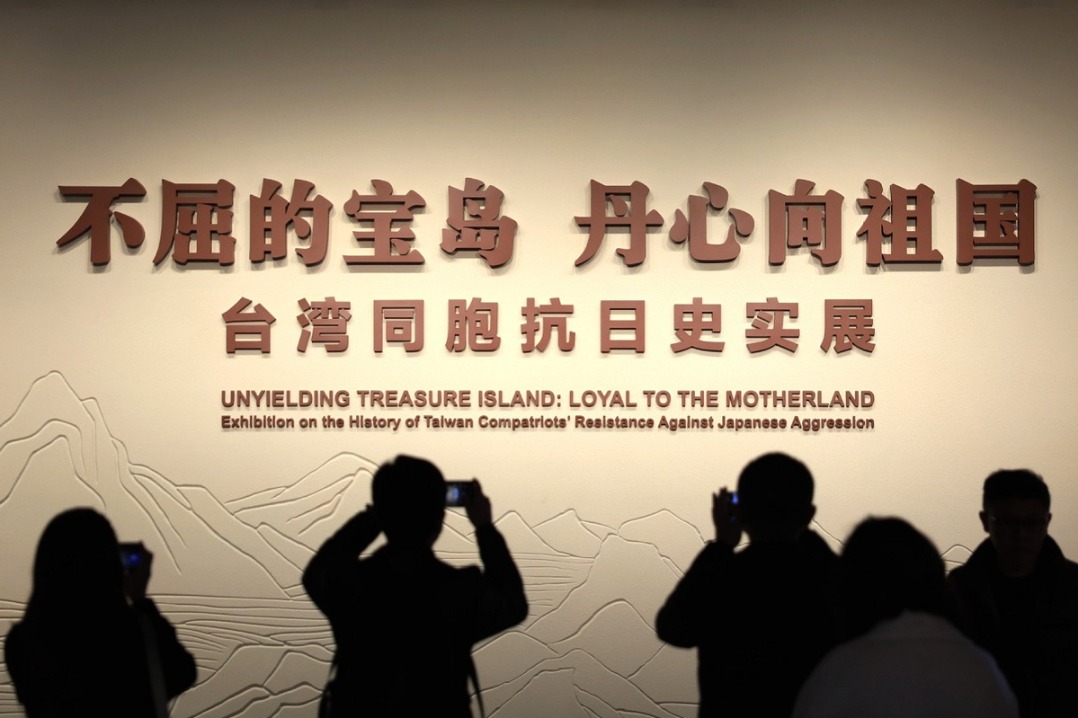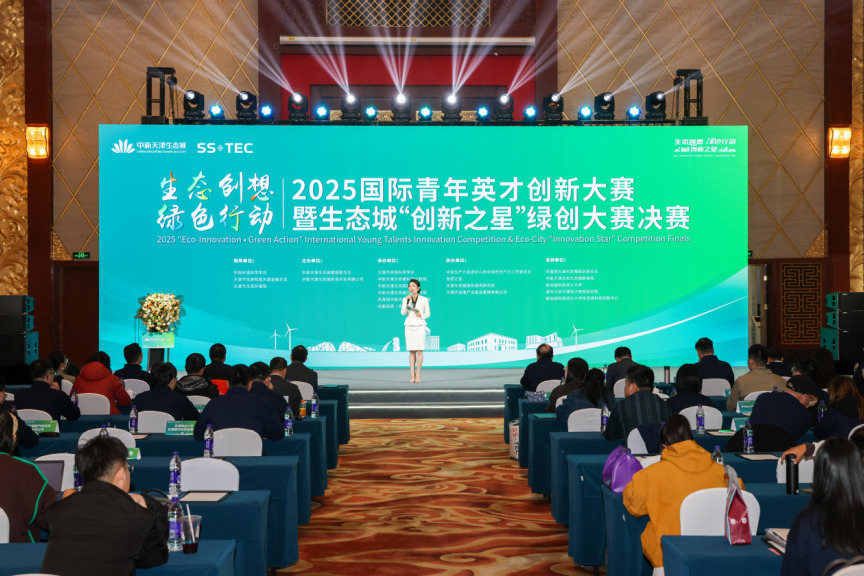High-risk groups better protected against shingles

The China National Medical Products Administration (NMPA) has approved Shingrix (GSK's Recombinant Zoster Vaccine or RZV) for the prevention of shingles (herpes zoster) in adults aged 18 years and over who are at increased risk of shingles due to immunodeficiency or immunosuppression caused by known disease or therapy.
Shingles poses a significant health burden, with approximately six million cases each year in China. Besides advancing age, other factors can increase the risk of developing shingles, including immunodeficiency or immunosuppression with no other shingles vaccine approved for this population in China.
Shingles-associated pain is often described as aching, burning, stabbing or shock-like and can have a considerable impact on patients' quality of life, such as affecting sleep, and ability to undertake activities of daily living including work. The latest approval expands the reach of RZV, to ensure protection for those patients most vulnerable to shingles.
Sanjay Gurunathan, GSK's senior vice-president, Vaccines and Infectious Diseases R&D, said: "This approval marks a critical milestone in expanding access to RZV for those at a higher risk of what can be a disrupting and devastating disease. Through close collaboration with regulatory bodies, we continue to drive innovation that helps protect vulnerable patient groups and shifting the focus of healthcare systems towards preventing diseases, like shingles."
"As the first and only recombinant zoster vaccine approved by the NMPA for this population, I believe Shingrix will fill an important gap in disease prevention and help those at higher risk better address the disease challenge. This progress will support the development of China's adult immunization system and the broader goal of improving public health literacy," said Sherman Yu, vice-president and general manager of GSK China.
"With this new approval, GSK will continue to deliver on our mission to get ahead of disease together in China, building end-to-end solutions that span the full continuum of care from prevention to treatment, and making the integration of prevention and treatment a core part of our strategy. We will work with partners across sectors to advance China's immunization efforts and contribute to the Healthy China 2030 initiative," Yu added.
Shingles is caused by the reactivation of the varicella zoster virus (VZV), the same virus that causes chickenpox. Shingles typically presents as a rash, with painful blisters across the chest, abdomen or face. Following the rash, the sufferer can also experience post-herpetic neuralgia (PHN), a long-lasting nerve pain that can last weeks or months and can occasionally persist for several years.
- High-risk groups better protected against shingles
- DPP slammed for denying Taiwan's restoration
- Commemoration reaffirms Taiwan as part of China, Lin
- Taiwan youth urged to remember root
- Exhibition on history of Taiwan compatriots' resistance against Japanese aggression held in Beijing
- China confirms identities of 8 volunteer soldiers killed in Korean War





































